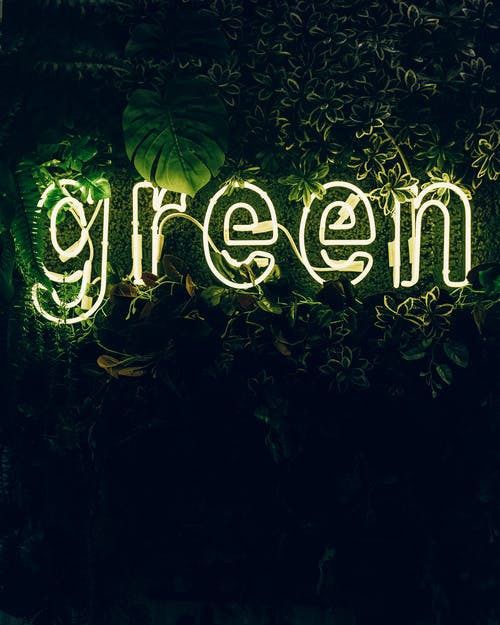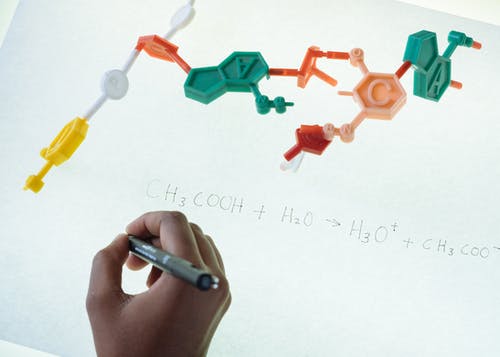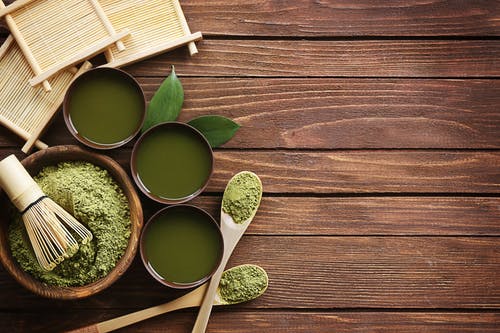Collagen is a protein that naturally occurs in the body. It contains amino acids. Moreover, it is also a supplement that is added to the body. Collagen is divided into two that is, vegan collagen and animal derivatives. Therefore, if you are vegan, you should go for vegan collagen.
There are so many factors you need to know about collagen and its derivatives of vegan collagen.
Here are some of the facts you need to know;
Understanding Collagen Itself
The body has a process known as collagen syntheses. As a result of the collagen synthesis, the body acquires its collagen. However, this process cannot occur on its own. It requires amino acids to take place. The amino acids involved are proline, glycine and hydroxyproline.
Collagen has various types in the body. One of them is located in the skin, teeth and bones. The other type is found in the cartilage. A different kind of collagen is found in the muscle, skin and blood vessels.
The importance of collagen in the body is in maintenance. It helps in maintaining the muscles, skin, tendons, hair, ligaments and bones.
For proteins to break down to amino acids, you must take a balanced diet and have enough proteins in the body.

Collagen is present at a young age. As you grow old, your body will not make as much collagen as before. Thus you will need to get other sources of collagen externally.
Alternatives of Collagen
As mentioned earlier, you will require to get external sources of collagen as you age. Well, there are various collagen sources. You can get marine collagen from fish and other marine creatures found in the sea, such a jellyfish. Marine collagen is highly recommended because of having a high quantity of collagen. Moreover, the body quickly absorbs the collagen. The other advantage is being eco-friendly and has high sustainability compared to other collagen sources.
Another source of collagen is bovine collagen, which is produced from cows. This type of collagen helps the body in the growth of nails and growth. Another collagen derivative is gelatin. However, it is not classified under collagen. But it is protein collagen produced by animals. Collagen can either be produced by animals or plants.
Vegan collagen is produced from plants and can be in powder form. Another resource of collagen is in artificial from cosmetic products.
One of the cosmetic collagen products is creams and serums that contain vitamin C. the purpose of vitamin C is to regulate collagen production in the body. It is beneficial as it enhances the skin appearance of youth.

Protein Powders and supplements
Vegans also get their collagen from protein powders and supplements. (Martini, 385) These supplements contain protein collagen, which has the broken form of amino acid to form collagen peptides. Peptides stimulate the production of collagen in the body. With time, it results in tangible and visible effects of collagen in the body.
The recommended collagen supplement is the one that has a high quantity of collagen peptides. (Mei, 2020)
So far, the government has not approved any vegan production of collagen. There are no specific stamps to check on before purchase. But some products describe if the product is vegan. Some of the typical vegan sources rich in collagen content include soya foods such as beans and tofu, nuts and seeds.

Vegetarian collagen enhances the synthesis of the collagen process in the body. Some of the vegetarian collagen contents to look out for are that it should have astaxanthin and vitamin C, which helps maintain the appearance of the skin.
How Artificial Vegan Collagen Is Formed
Vegan collagen can be artificially sourced from genetically modified bacteria and yeast. Bacteria P.pastoris is the most recommendable vegan collagen. It is mostly used for genetically engineering collagen that is of high quality.
For collagen production to take place, there is the addition of four human genes of collagen. The four-gene should cod for collagen to be used.
They are added to the microbes’ genetic structure.
The bacteria then starts producing building blocks of the human collagen once the genes are in place. Pepsin is a digestive enzyme that is added to the building structure.

It helps in structuring the building blocks of collagen molecules with the human collagen. After completing the process, the vegan collagen is formed.
Importance of Vegan Collagen
Collagen processed from microbes has potential benefits to the body. Some of the benefits include being affordable. Using bacteria or yeast for collagen production is cheap and can be highly scaled in a laboratory environment. Moreover, it has not been widely used.
Therefore there is no mass production, lowering the demand and lowering the price, making it available for either a supplement or medical treatment.
Risk of Allergies
It also has a minimum risk of allergies. Animal sourced collagen may cause allergies that are transformed from the animal itself. It thus makes vegan collagen recommendable because there are no transformed allergies or diseases.
Collagen from microbes is produced from a controlled environment. It, therefore, reduces the risk of allergies.
Safety
Vegan collagen is safe because of the laboratory safety profile. Lab-controlled products are safe because the manufacturers have the responsibility to improve their profile. Another benefit has potential medical benefits. Collagen is not only essential for supplements, therefore making the technology safer.
Vegan collagen is beneficial for promoting the healing of wounds, stimulating skin growth and sutures dermatology. (Brewer, 2015) It is also essential for some tumor treatments.
Beauty Purposes
Vegan collagen is also beneficial for the beauty purposes of vegans. Most of the collagen products are found in the market. They are thus making it impossible for vegans to access. With the help of vegan processed collagen, they can reduce wrinkles, among other skin factors. (Shioya, 2015) It also stimulates the body to produce more collagen content.
Conclusion
Collagen is essential for the body. The best part about this is that it doesn’t necessarily have to come from the body. You can now go for other vegan source alternatives. Vegans can now get collagen that is not from animal products.
References
Martini, N. Collagen supplements. Journal of Primary Health Care, 11(4), 385-386.
Mei, F., Liu, J., Wu, J., Duan, Z., Chen, M., Meng, K., … & Zhao, M. (2020). Collagen peptides isolated from salmo salar and tilapia nilotica skin accelerate wound healing by altering cutaneous microbiome colonization via upregulated NOD2 and BD14. Journal of Agricultural and Food Chemistry, 68(6), 1621-1633.
Sibilla, S., Godfrey, M., Brewer, S., Budh-Raja, A., & Genovese, L. (2015). An overview of the beneficial effects of hydrolysed collagen as a nutraceutical on skin properties: Scientific background and clinical studies. The Open Nutraceuticals Journal, 8(1).
Asserin, J., Lati, E., Shioya, T., & Prawitt, J. (2015). The effect of oral collagen peptide supplementation on skin moisture and the dermal collagen network: evidence from an ex vivo model and randomized, placebo‐controlled clinical trials. Journal of cosmetic dermatology, 14(4), 291-301.

